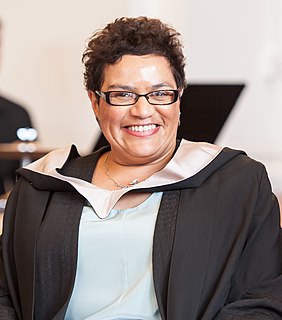A Quote by Alfred Bester
I've handed life and death back to the people who do the living and the dying.
Related Quotes
When one existentially awakens from within, the relation of birth-and-death is not seen as a sequential change from the former to the latter. Rather, living as it is, is no more than dying, and at the same time there is no living separate from dying. This means that life itself is death and death itself is life. That is, we do not shift sequentially from birth to death, but undergo living-dying in each and every moment.
But we are not interested in death at all: rather, we escape the facts, we are continuously escaping the facts. Death is there, and every moment we are dying. Death is not something far away, it is here and now: we are dying. But while we are dying we go on being concerned about life. This concern with life, this over concern with life, is just an escape, just a fear. Death is there, deep inside - growing.
Facing death calmly is praiseworthy only if one faces it alone. Death together is no longer death, even for unbelievers. The source of sorrows lies not in leaving life, but in leaving that which gives it meaning. When love is our whole life, what difference is there between living together and dying together ?
Once you are afraid of death you are bound to be afraid of life. That`s why I am talking about this Hasidic approach. The whole approach consists of methods, ways and means of how to die - the art of dying is the art of living also. Dying as an ego is being born as a non `ego; dying as a part is being born as a whole; dying as man is a basic step towards being born as a God.
I don't necessarily view death as something negative. Death gives meaning to life. Living in fear of death is living in denial. Actually, it's not really living at all, because there is no life without death. It's two sides of the one. You can't pick up one side and say, I'm just going to use the 'heads' side. No. It doesn't work like that. You have to pick up both sides because nothing is promised to anyone in this world besides death.
When a significant other - a spouse, a parent or someone you're close to - is dying, it forces you to think about your life, about what you feel about death. What I realized from my dad's dying was that I wasn't scared of dying. But I was terrified of regrets. I was terrified of getting to the end of my life with a lot of Why didn't I's.


































